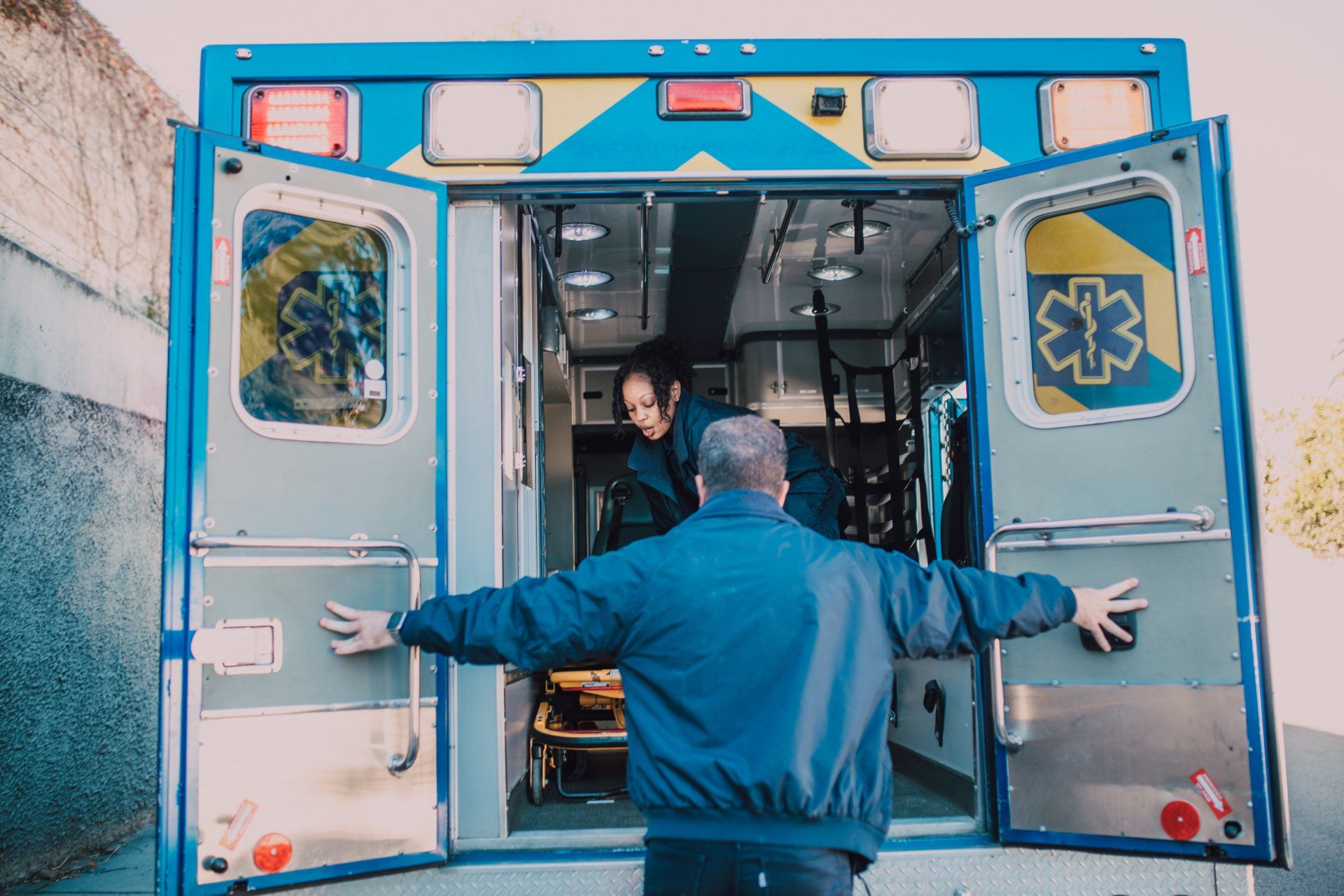Navigating Dog Bite Injuries: What Next Steps to Take
In an ideal world, every dog we meet would be a friendly companion eager for pets and play. However, reality presents a different scenario—each year, about 4.5 million people in the U.S. experience the unfortunate event of a dog bite. While dogs are beloved pets to many, not all encounters with these furry friends end positively, highlighting the importance of knowing how to handle such situations.
If you or someone you know ever becomes a victim of a dog bite, the first and most critical step is to seek immediate medical attention. Dog bites can lead to serious injuries, and the risk of infections or diseases such as rabies cannot be overlooked. Medical documentation of your injuries can be invaluable, especially if the incident escalates to a legal matter.
Equally important is gathering information at the scene. It might be the last thing on your mind amidst the stress and urgency of the moment, but obtaining the dog owner's contact details is crucial. This information is key to covering medical treatments and bills. Additionally, if it's safe, take a photo of the dog for future reference.
Lastly, it's essential to reach out to a professional who can guide you through the legal nuances of a dog bite case. Dog bite laws vary significantly across states, with some holding owners liable regardless of the dog's previous behavior and others requiring proof of the owner's negligence. As an experienced professional, I can help navigate these complexities, ensuring you have the best chance at recovering damages for your injuries. Remember, the sooner you get in touch after an incident, the better your prospects for a favorable outcome. If you have any questions or need advice, don't hesitate to reach out.









Phillip Mullins Law offers dedicated personal injury representation, helping accident and injury victims in Durham, NC, and the Carolinas secure the compensation they deserve.
©2024 All Rights Reserved

